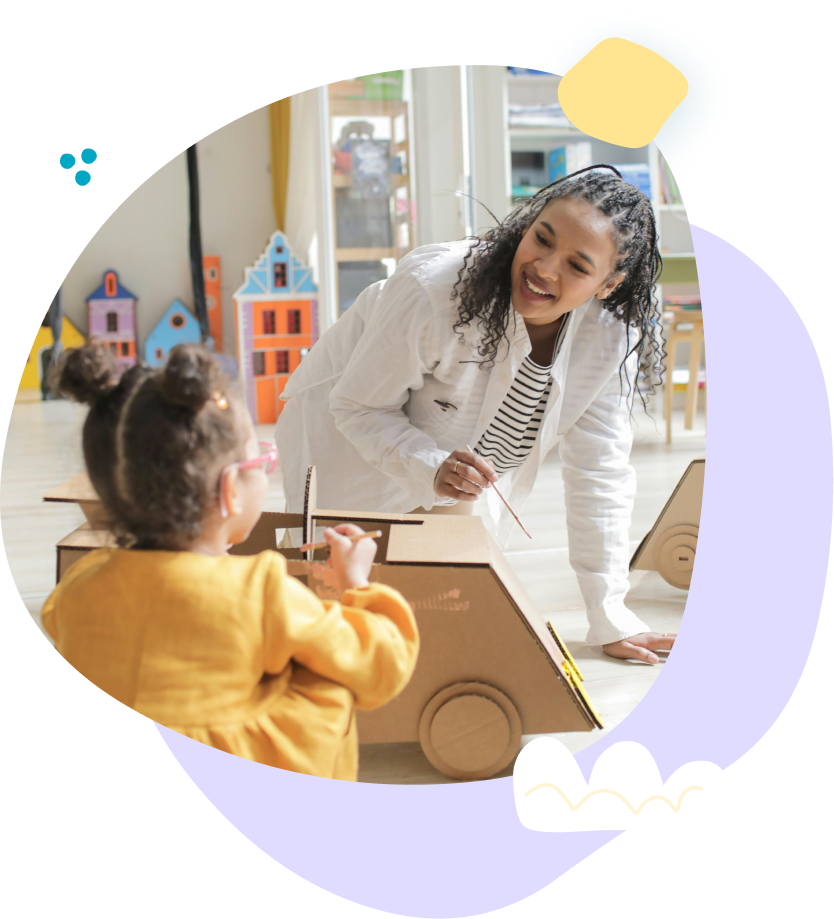Your Clinic
SET A LOCATION
Your Clinic
SET A LOCATION
Emotional regulation is the ability to understand, manage, and express emotions in a healthy way. For children, developing these skills is vital for social interactions, academic success, and overall well-being.

Our therapeutic tools help children develop the skills to identify, understand, and manage their emotions effectively. These interventions support emotional awareness, self-regulation strategies, and coping skills for daily challenges.

Korro AI is an innovative platform revolutionizing occupational therapy with artificial intelligence. Designed to streamline therapy planning and enhance patient outcomes, Korro AI empowers therapists with data-driven insights, automated progress tracking, and personalized treatment recommendations. This cutting-edge technology helps optimize therapy sessions and provides objective measurements of progress.
Understanding emotional regulation milestones can help caregivers and professionals recognize when a child might need additional support:
Occupational therapy (OT) helps children develop the foundational skills needed to manage emotions effectively. Through personalized interventions, OTs address:
Helping children process sensory input in a regulated way.
Building strategies for impulse control and flexible thinking. Learn more about Executive Function.
Teaching calming strategies like deep breathing or visual schedules.
Sensory-Based Play: Activities like swinging or fidget toys to support sensory needs
Body Awareness Exercises: Helping children recognize physical signs of stress or overstimulation.
Routine Building: Establishing structured daily routines for predictability and security
Speech therapy (SLP) plays a crucial role in helping children develop communication skills that support emotional regulation. Therapists work on:
Teaching children how to label and express emotions effectively.
Practicing turn-taking, empathy, and perspective-taking.
Building the language needed to navigate conflicts and challenges.
Encouraging safe participation in school, hobbies, and sports.
Emotion Flashcards: Using visuals to help identify and discuss feelings.
Role-Playing Games: Practicing scenarios to handle frustration or disappointment.
Storytelling: Encouraging children to narrate experiences to process emotions.
When OT and SLP work together, the results can be transformative. By addressing both sensory and communication needs, children gain:
Delays in addressing sports injuries can lead to chronic issues or prolonged recovery times. Engaging PT and OT services early ensures proper healing and minimizes the risk of long-term complications, allowing young athletes to thrive on and off the field.
Contact us to learn more about how occupational and speech therapy can help your child develop emotional regulation skills. Together, we can nurture resilience, confidence, and joy in your child’s life.
We empower children, families, and the community to learn, grow, and celebrate every child's unique abilities.
Quick Links
Contact Details
Phone: 561-376-2573 | 561-918-0190
Fax: 561-218-4939
VIP Concierge: 561-717-1764
Clinic Locations
All Rights Reserved | Progressive Pediatric Therapy, Inc. | Privacy Policy | Terms of Service
Site by Spearlance